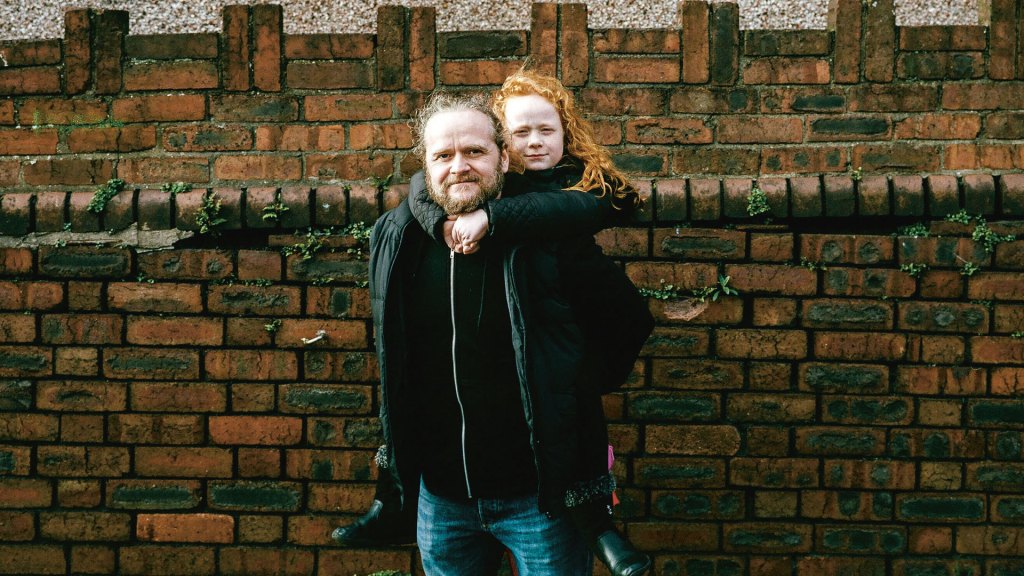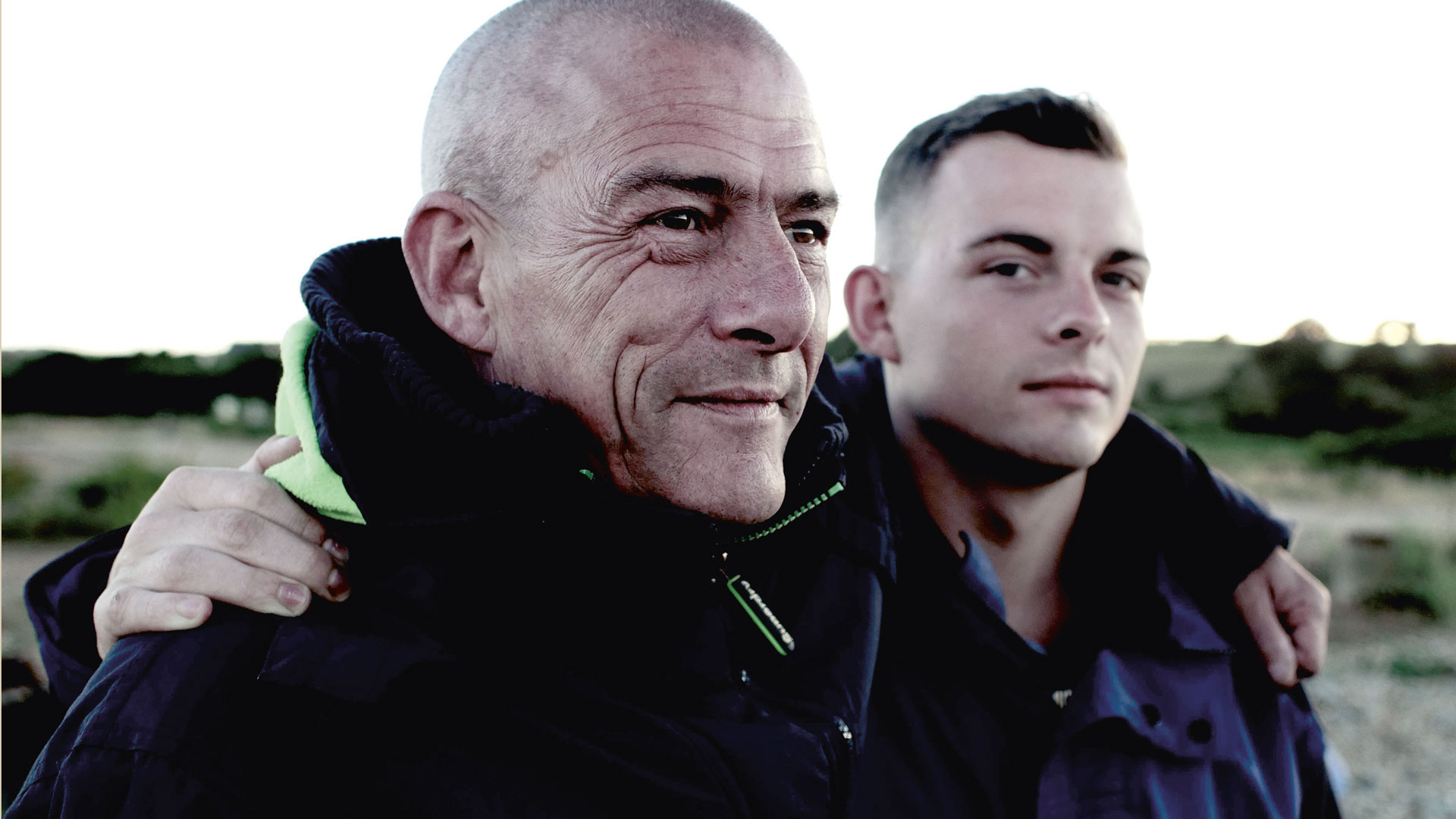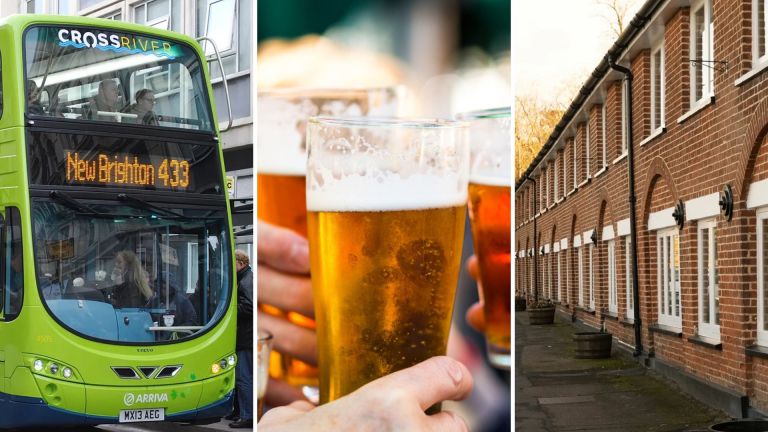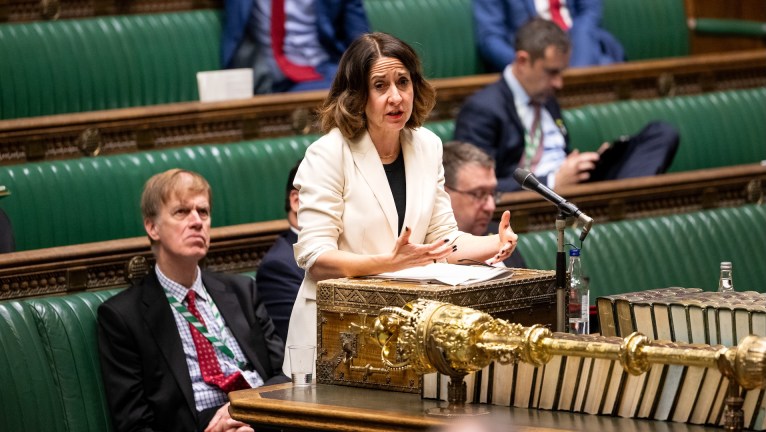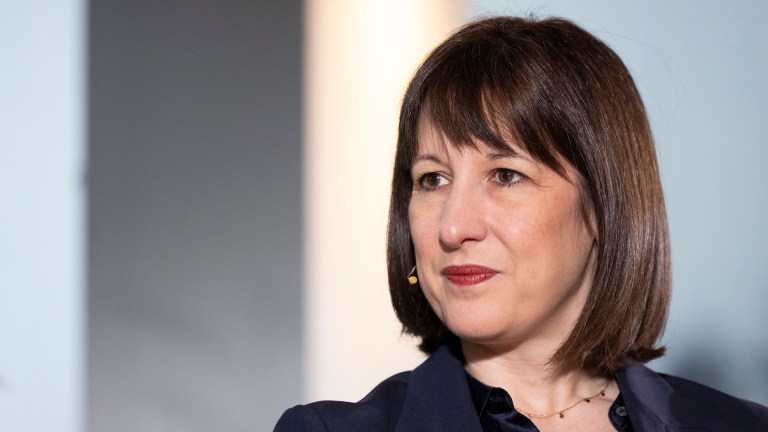The picture painted is complex. Not all stories neatly correspond to our preconceptions of what poverty looks like and who is affected But their sustained stress and struggle is all too real. Here are some snapshots of the lives they live…
In-work poverty
Ross has a steady job in the local steelworks in Port Talbot. He lives a stone’s throw from where he was brought up. “I didn’t go chasing dreams – I did whatever I could to earn money,” he says. “My cousins worked here. My father, my uncles, my auntie. The last big industry of Britain.”
Yet 20 years into his working life, Ross is taking home less in real terms than when he started out. Only now he also has a wife and three children to support, a mortgage and £8,000 of credit card debt to pay. The work is harder, the reward is lower and the result is a constant struggle to make ends meet. “I want something better for my children,” says Ross, whose passion for wrestling is shared by his children.
“I don’t want my kids repeating my life. I don’t want them to follow in my footsteps.”
Low-wage economy
Lorraine works as an intensive care nurse in Manchester. She was on duty on the night of the Manchester Arena bomb in 2017.
A stressful frontline job like Lorraine’s takes its toll on a person – and so does a pay freeze that means she now earns thousands less, in real terms, than in 2010. Following her divorce, Lorraine almost lost her home. “I work full-time and take extra shifts at nights and weekends to help make ends meet,” she says.
Meanwhile in London, Angelica is a cleaner at a luxury car dealer. But her employment was suspended when she asked for the London Living Wage. Her choices are to take the paltry wages on offer, leave London and face being separated from her son, or fight for fair pay with the help of her union.
The housing crisis
Father and son duo Steve and Billy live in tents in the woods or on the beach in Hastings, depending on the weather.
They have been homeless since Steve lost his job and subsidised home (a static caravan) when their local football club was taken over by new owners. They take casual or agency work when it is available, with uncertain hours and income each week. Recently Steve has been working on a hop farm. He hates it. Food consists of tins of beans or spaghetti, the only help they were offered by the local council was a place in a hostel 50 miles away, which would mean leaving their friends and community.
“You have to graft and get on with it,” says Billy, who dreams of having a home again, with electricity, and a television so he can play on the ageing Xbox he optimistically keeps under his blow-up mattress.
Pension poverty
The only way we cope with the future is by not thinking about it
From the outside, Mark, Mimi and their children live a comfortable existence. He drives a Mercedes, she teaches Pilates, they eat and drink well in their large flat packed with musical instruments and the trappings of a comfortable existence.
Yet dig deeper and they are also fighting poverty. Mark is now 60, and having been self-employed for most of his adult life (he was a photographer, and once shot a young Jay-Z), the couple have no savings and no pension. “The only way we cope with the future is by not thinking about it. If I thought about it I would just give up,” he says.
He now works 60 hours a week as an Uber driver – insecure and sedentary work that has contributed to him developing diabetes. The family has lived in their housing association flat for years, but working indefinitely appears the only way to keep paying the rent. Poor health or a few points on Mark’s driving licence (easy to pick up when driving for hours every day in London), and they will be struggling. This, too, is poverty – even if their large family dinners look inviting.
Broke airs on BBC Two from July 25 at 9pm
Photo: BBC
